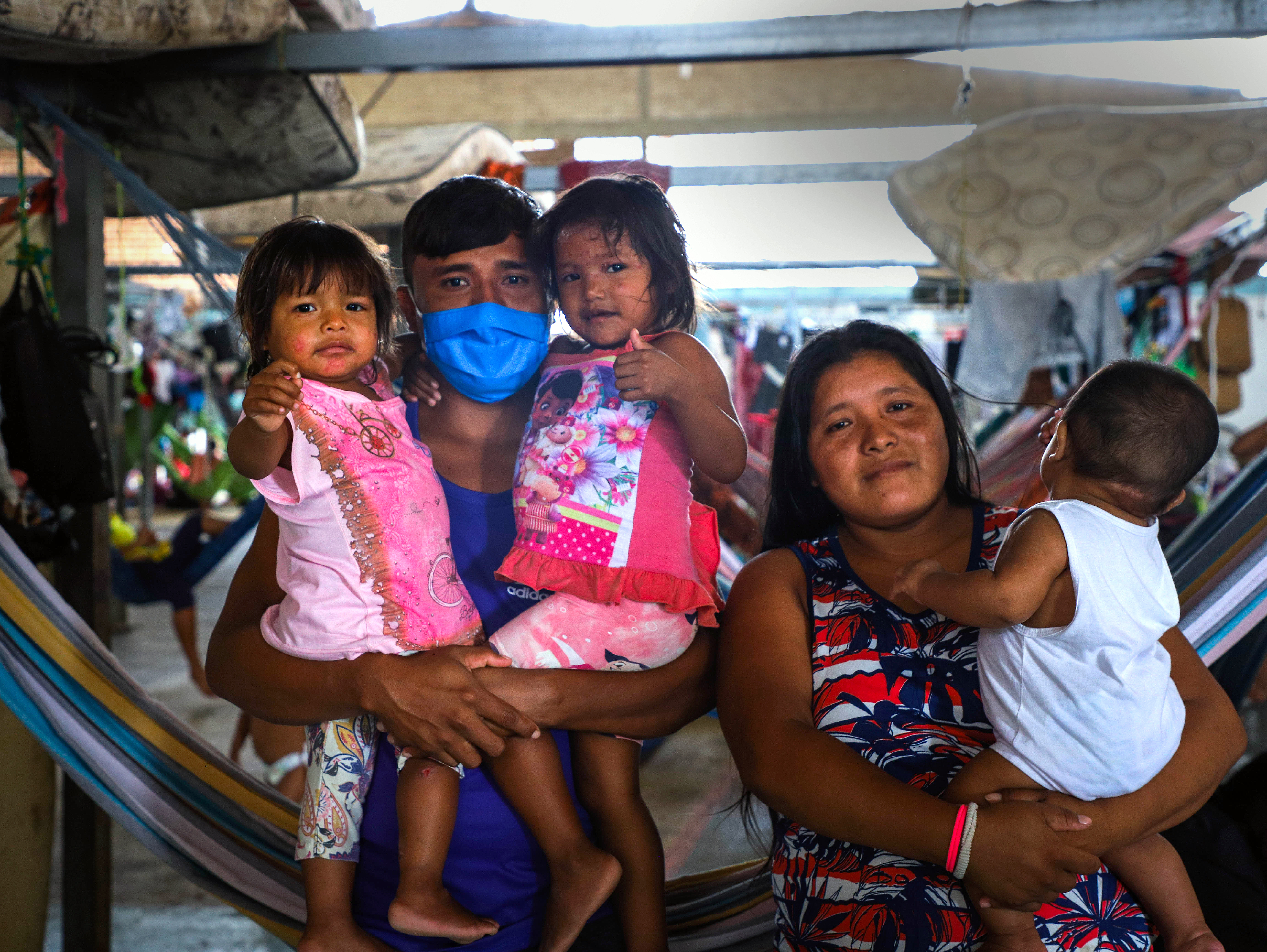Colombia's support for UN Declaration on Indigenous People welcomed
Colombia's support for UN Declaration on Indigenous People welcomed
UNHCR welcomes Colombia's decision to support to the United Nations Declaration on the Rights of Indigenous People as a significant step forward in efforts to protect indigenous groups in the context of forced displacement.
While not legally binding, the Declaration affirms a State's commitment to abide to its spirit and respect its principles. It outlines a series of human, cultural and economic rights for indigenous people worldwide. It contains a number of articles of importance to help protect and prevent the forced displacement of indigenous groups during armed conflict.
There are about 1 million indigenous people in Colombia, divided between more than 90 different groups and making up around 2.5 percent of a total national population of some 43 million people. Partly because of their geographical location - many live in remote and conflict-ridden parts of the country - and partly as a result of historical and cultural factors, they have been suffering disproportionately from the effects of Colombia's internal armed conflict, including forced displacement.
Forced displacement is especially hard on indigenous people, because of their special attachment to the land, a link that goes beyond economic reliance to forge the basis of their historical and cultural identity. In the worst cases, being uprooted can lead to a group's disappearance.
Faced with this concern, Colombia's Constitutional Court ordered earlier this year (Ruling 004 of January) that urgent measures should be taken to protect more than 30 indigenous groups around the country. The order gave all responsible State entities a June deadline to take, and account for, all appropriate action.
UNHCR, which has offices throughout Colombia, has various programmes aimed at protecting indigenous people, including regular monitoring and advocacy on behalf of those facing threats and mass displacement; support for indigenous organisations aimed at maintaining unity among displaced communities; rights training; and support to national and local authorities responsible for protecting and assisting indigenous people.








